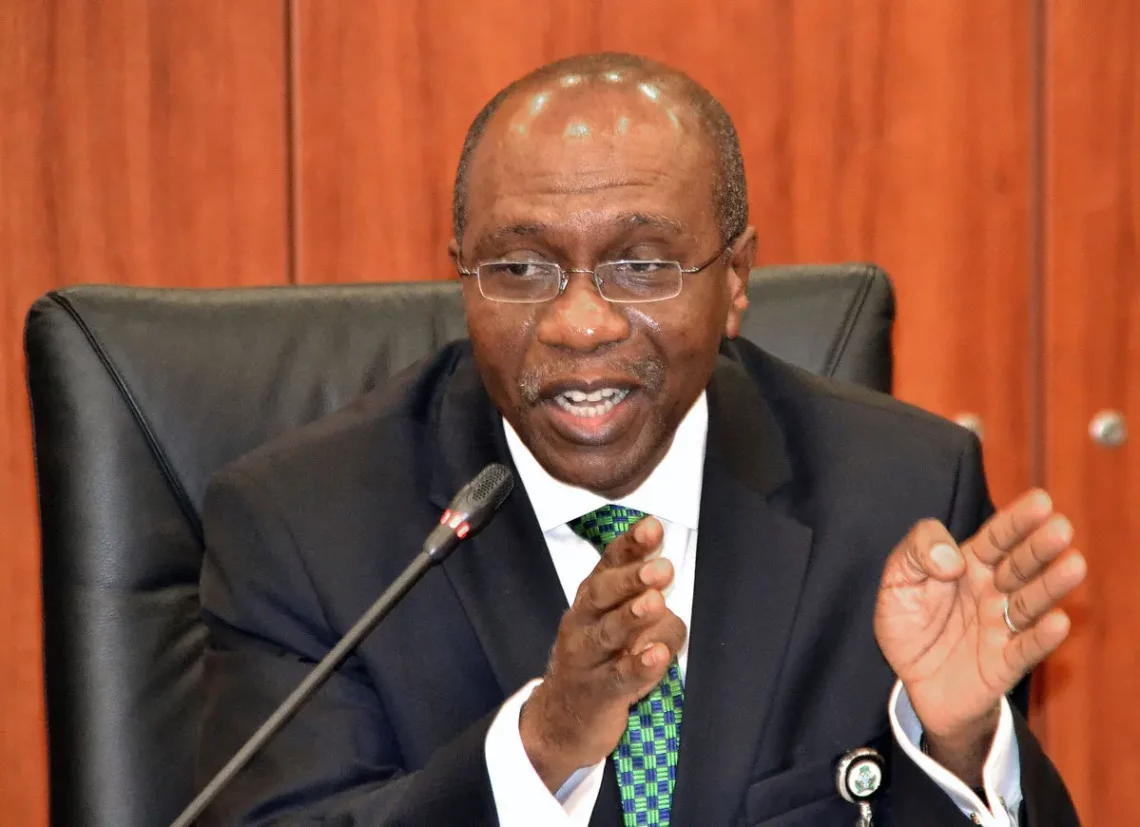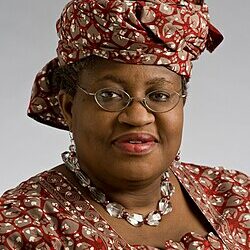On Wednesday, October 26, the governor of the Central Bank of Nigeria (CBN), Godwin Emefiele, made a seismic announcement about the naira. The governor said the Central Bank, based on approval of President Muhammadu Buhari, would introduce new designed N200, N500 and N1,000 notes.
To all intents and purposes, the move by the federal government comes amidst concern about the steep slide of the over the past several months and counting.
This was reflected in the speech by Governor Emefiele. The governor had indicated, when responding to questions from journalists that the bank hopes the move would rein in inflation. He said money in circulation was far above the desirable limit of the Central Bank of Nigeria, alluding to practices of some criminal elements of society.
This move is the latest of many by the monetary authority to save the naira. The Central Bank had for decades and counting intervened to stabilise the naira by buying and selling dollars as appropriate.
However, the naira had not always performed so badly. From the time the naira was introduced to replace the Nigerian Pound on January 1, 1973, it was equivalent to 1 British pound to N2. It was also exchanging for between $1 to 60 kobo for the ensuing 9 years, until 1982. In 1983, the dollar exchanged for circa 80 kobo.
By 1986, the naira exchanged for N2.02/$, then N4.54/$ in 1988, N7.39/$ in 1990, N22.33 in 1994, N85.98/$ in 2000, and N131/$ by 2006.
By 2010, the value of the naira had eroded to N154/$. In 2015, the naira lost value from N199-N300/$. Today, the official rate of the naira to the dollar is circa N430/$. By implication, between 1982 to date, the naira has lost value by more than 40,000 percent. That is the official exchange rate. Nigeria has several exchange rates.
That is completely different from the parallel market rate, which, as of Friday, was exchanging for N775/$.
Experts say the naira is losing value because Nigeria has lost its place in the world in terms of productivity. Due to unstable power supply, Nigeria has over the years become less competitive on the world stage.
Experts say the right economic choices and environment will better the lot of the currency.
Former deputy governor of the CBN, Dr Kingsley Moghalu, suggested that the free fall of the naira was just because the economy is neither productive nor competitive enough in international trade.
He argued that Nigeria does not have a “diversified base of complex value-added products it exports and earns forex from those exports. So, if we don’t diversify but continue to rely on crude oil as a mono -product economy, the Naira crisis will get worse, not better.”
Another economist, Dr. Yakubu Mohamed, of Stellar Securities said speculation also affects the naira value, as there are currency traders around the world for whom the weakness of a currency is their very good fortune. Such traders “attack” such currencies for profit, especially where the currency is using a fixed, official exchange rate determined by the central bank instead of the market.
As the naira is effectively measured against a “reserve” currency (dollars, euros, pound sterling), speculators can attack such a currency for profit if Nigeria is perceived to have insufficient foreign reserves to meet demand.
Yakubu said priority should be given to small and medium scale enterprises (SME’S) and industries. “We need to boost the local economy through capacity- building for our industries. The federal government can do more by making sure its backward integration policy is not just taken as lip service. Agriculture must be seen to be run as business and also, tailored for export; commercial oriented not the subsistence stuff that is currently predominant. It should be mechanised so it can contribute substantially to the gross domestic product. If this is done and Nigeria is self-sufficient in food production, then we can be said to be food secure.
“With food security, inflation will go down; our economy will become robust with enough to feed the people and even for export. That will go a long way in bringing down the exchange rate.
Also, if the manufacturing sector is up-scaled and our industries are producing at full capacity, it will help diversify the economy while generating foreign exchange needed for the country’s overall development while stemming the depreciation of the naira,” he said.
Also, a renowned economist, Dr. Abiodun Adedipe of B. Adedipe Associates Limited, canvassed strict law and regulatory enforcement as recipe to increase foreign reserves. He then suggested that the CBN should either “let the Naira find its level in the market by stopping to subside it” or “consider dollarisation of the Nigerian economy.”
Dr. Gbenga Gbangbose of the Department of Economics, Usman Dan Fodio University said the recent move by the CBN will reduce the money in circulation in the economy and rein in inflation. That may be effective if, indeed there are criminal elements in the economy whose activities can be clipped by increasing security features on the new design to curb counterfeiting, and thus reduce the money in circulation.
NATIONAL ECONOMY holds that until Nigeria begins to export more than it imports, as was the case in the 1970s and 1980s, when the naira was a force to reckon with, the naira will continue to slide.
As a matter of fact, between Wednesday, October 26, when Governor Emefiele made the naira redesign pronouncement, and Friday, October 28, the naira has lost value on the parallel market by 1.97 per cent, from N760 to N775.





